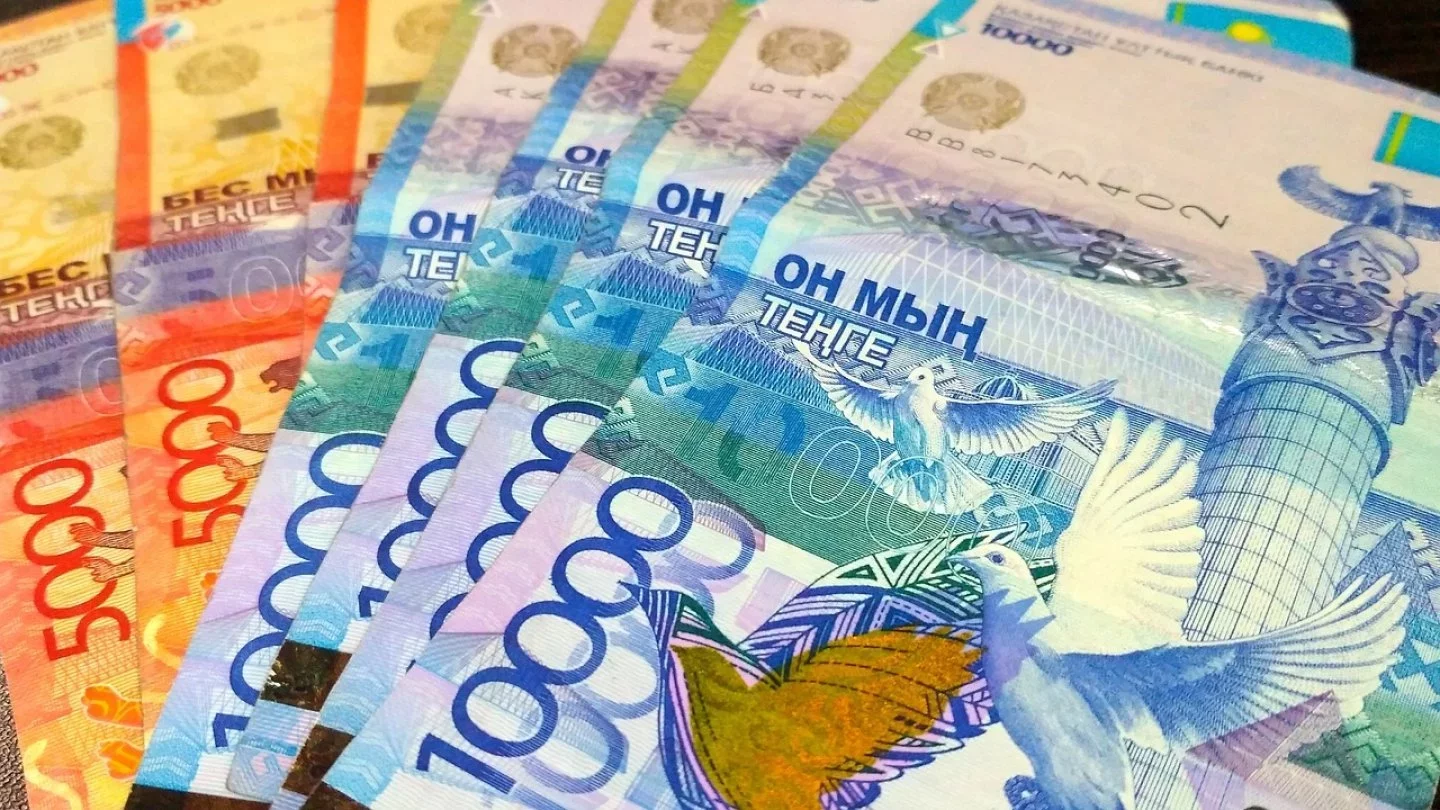Majilis Approves Kazakhstan’s 2026–2028 Budget
 Photo: Pixabay.com, illustrative purposes
Photo: Pixabay.com, illustrative purposes
At a plenary session, the Majilis adopted the laws “On the Republican Budget for 2026–2028” and “On the Volume of General Transfers,” Orda.kz reports.
According to the Ministry of Finance, the three-year budget is based on an exchange rate of 540 tenge per U.S. dollar and an oil price of $60 per barrel. The budget law has been adopted by the Majilis.
Senators will review it.
Details
Deputy Prime Minister and Minister of National Economy Serik Zhumangarin presented the country’s socioeconomic forecast for 2026–2028. Real GDP growth is projected at 5.4% in 2026, with an average annual growth rate of 5.3% over the period.
Economic growth will be driven by expansion in the real sector and services. In manufacturing, growth rates are expected to rise from 6.2% in 2026 to 6.6% in 2028 due to new investment projects. Average growth over three years is forecast at 2.8% in mining, 3.9% in agriculture, 11.0% in construction, 10.1% in transportation services, and 6.7% in trade, Zhumangarin said.
Exports are expected to increase from $77.1 billion in 2026 to $83.7 billion in 2028, while imports will grow from $67.7 billion to $75.2 billion. Inflation is projected at 9.0–11.0% in 2026 and 6.0% in both 2027 and 2028.
The budget forecast is based on fiscal rules and targets set by the Concept of Public Finance Management to 2030. Revenues in 2026 are projected at 19.2 trillion tenge, or 10.5% of GDP — an increase of 4.7 trillion from this year’s estimate. By 2028, revenues are expected to reach 23.2 trillion tenge, or 20.8%, added Zhumangarin.
Unlike the previous budget, this three-year plan does not include targeted transfers from the National Fund.
Only the guaranteed annual transfer of 2.77 trillion tenge remains. Republican budget expenditures are set at 27.7 trillion tenge (15.1% of GDP) in 2026, 28.8 trillion (14.0%) in 2027, and 29.8 trillion (13.0%) in 2028.
The fiscal deficit will decrease from 2.5% of GDP in 2026 to 0.9% in 2028, while the non-oil deficit will narrow from 4.9% to 2.7%.
Local budget revenues from general transfers are projected at 10.7 trillion tenge in 2026, 12.1 trillion in 2027, and 13.3 trillion in 2028, with expenditures totaling 14.9 trillion, 17.3 trillion, and 18.7 trillion tenge, respectively.
Subventions for 2026 will total 5.1 trillion tenge, and withdrawals will be 879.9 billion.
In 2028, the Pavlodar Region will become self-sufficient, and the Mangystau Region will again become a donor. We expect local budget dependence on the national budget to decline from 50.7% to an average of 33%, Zhumangarin noted.
Answering deputies’ questions, he explained that Mangystau was already a donor region, while Pavlodar’s industrial strength enabled self-sufficiency:
The task of local executives is to develop their own tax base. We have transferred all stable taxes to the local level. This year, excise taxes were also increased and moved locally. All unstable taxes remain at the center. Therefore, regional development depends primarily on local governance.
Additional Spending
Separately, Majilis Deputy Askhat Aimagambetov presented amendments introduced by parliamentarians, allocating additional funds to key sectors:
- Ambulance Service Support: Five billion tenge will be allocated to open new substations, upgrade equipment, raise salaries, and carry out repairs.
- Republican Physics and Mathematics School: Deputies secured 1.6 billion tenge to improve teacher pay, student nutrition, and living conditions.
- National Archives and Library: Additional funds will be used to upgrade outdated equipment and infrastructure.
- Science and Oncology: Funding was approved for the development of radiopharmaceuticals for cancer treatment, which Aimagambetov said would help Kazakhstan meet domestic demand and export such drugs.
- National Academy of Sciences: Additional resources were allocated for operating expenses.
- National Vocabulary Fund of the Kazakh Language: The project will begin in 2026 with 111 million tenge in funding to build a modern digital platform consolidating the national language corpus.
- Culture, Education, and Media: Funding is planned for the creation of Kazakh-language cartoons, educational TV programs such as XXI Gasyr Koshbasshysy (“Leader of the 21st Century”), Azamat, and Zhaidar, as well as school debate and leadership development initiatives.
The main goal of all these decisions is to improve people’s quality of life and bring real progress in education, science, culture, language, and healthcare, Aimagambetov added.
Original Authors: Ilya Astakhov, Anastasia Prilepskaya
Latest news
- Language Dispute Erupts Over New School in Almaty
- Oskemen Residents Complain of Severe Air Pollution
- Schoolgirl Gives Birth: Yenbekshi Villagers Share Details
- Zhumangarin Comments on Tax Reform, Fuel Price Freeze, and Utility Tariffs
- U.S. Chamber of Commerce Calls for Full Repeal of Caesar Syria Act
- Kazakhstan: Bill Proposing Fines for Reposting Prohibited Content on Social Media Passes First Reading
- Majilis Approves Kazakhstan’s 2026–2028 Budget
- U.S. Seeks Partnership with Kazakhstan to Develop Tungsten Deposits
- YouTube Blocks Lukpan Akhmedyarov’s Channel for Second Time This Year
- Trump Says Decision on Meeting With Putin 'Still Undecided'
- Former Shymkent Maslikhat Deputy Placed on Wanted List Again in Shymkent
- Gas Deliveries from Karachaganak to Orenburg Plant Resume After Drone Attack
- Kazakhstan Raises $1.5 Billion Through Eurobond Issue Amid Rising National Debt Concerns
- National Bank Head Says Inflation Driven by Excess Money in Economy
- Schoolgirl Gives Birth: Prosecutors and MIA Launch Investigation, 71-year-old Man Main Suspect
- Resident of North Kazakhstan Village Finds Possible Mammoth Tooth
- Turkmenistan: Pregnant Woman Dies After Roads Closed for President’s Visit
- Kairat Earn Their First Champions League Point: How the Almaty Club Held Off Pafos
- Court Rejects Legal Media Center’s Lawsuit Against Astana Akimat Over Access to Information
- LGBT Activist Aziyat Agishev Released After Being Held in Enlistment Office

